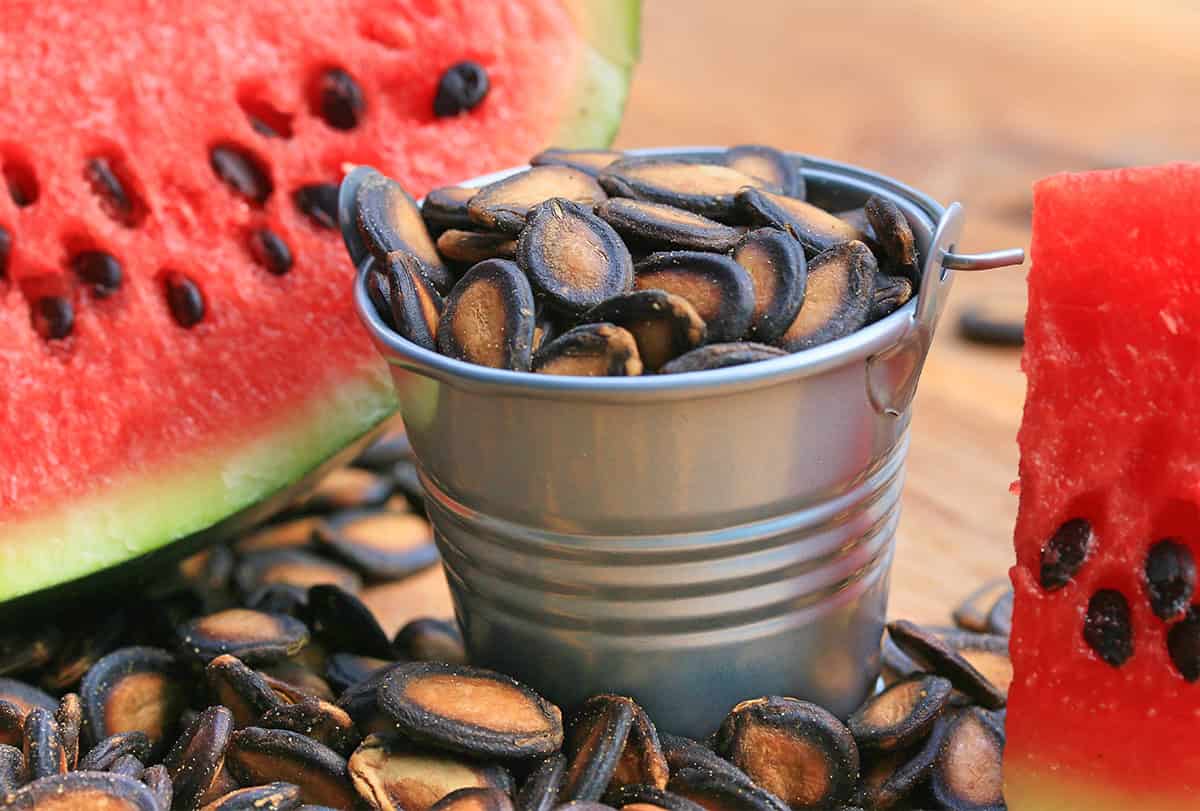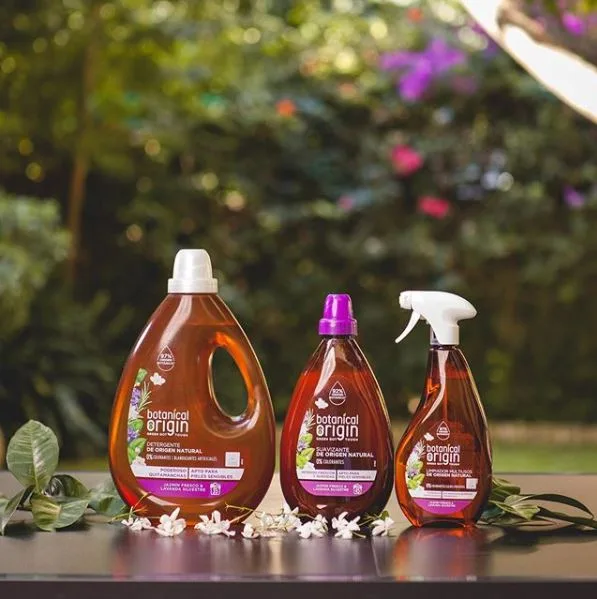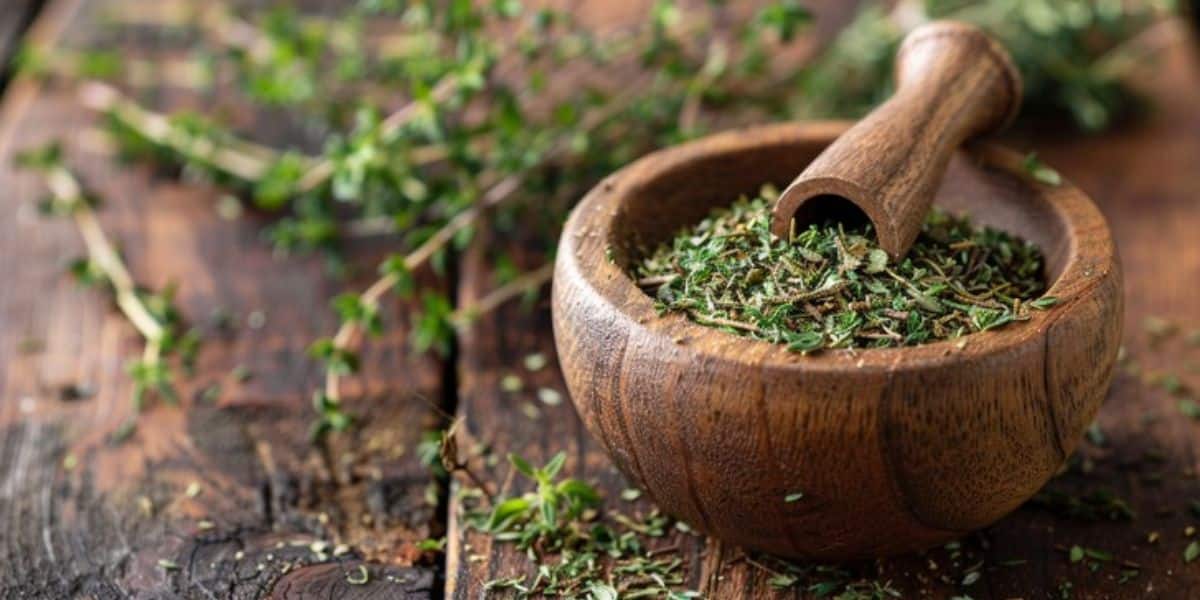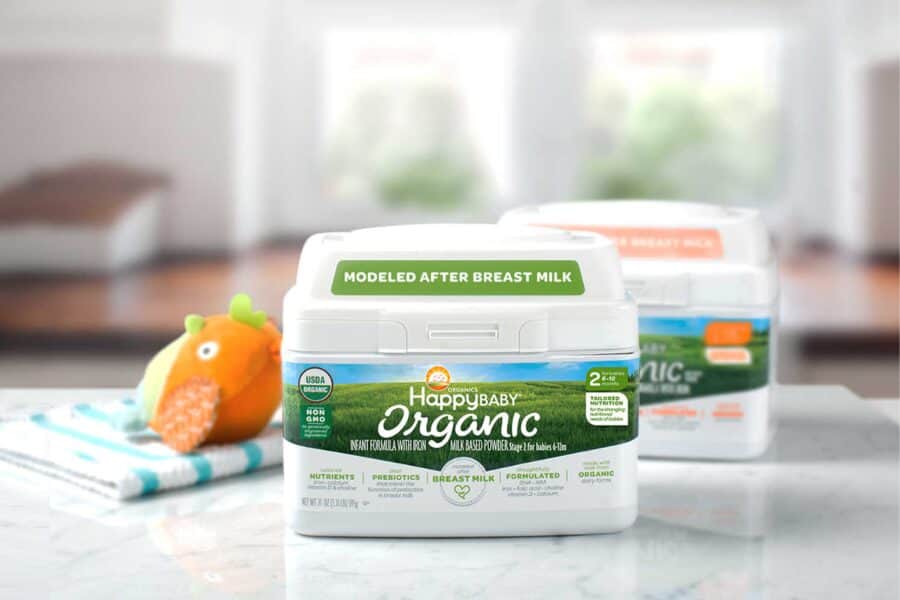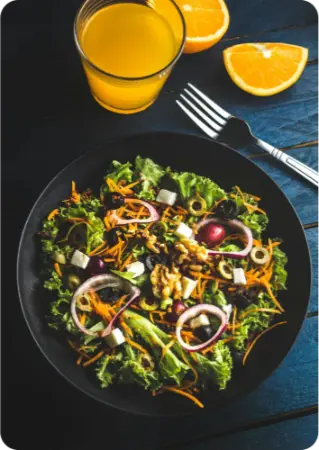Have you ever found yourself pondering whether those tiny seeds scattered throughout watermelon slices are edible, or should they be meticulously picked out and discarded? This article aims to shed light on the controversy surrounding watermelon seeds’ consumption, highlighting their safety, nutritional benefits, and various ways to enjoy them.
Safety of Eating Watermelon Seeds
Contrary to popular belief, watermelon seeds are not only safe to eat but can also be a nutritious addition to your diet. Despite old wives’ tales suggesting otherwise, there’s no risk of a watermelon growing in your stomach! Scientific studies and expert opinions support the safety of consuming these seeds, provided they are prepared correctly.

Nutritional Benefits of Watermelon Seeds
Abundant in essential nutrients such as protein, beneficial fats, iron, magnesium, and zinc, watermelon seeds present themselves as a prized inclusion in one’s dietary regimen. Furthermore, these diminutive seeds boast an array of indispensable amino acids, further enriching overall health and vitality. They offer numerous health benefits, including boosting heart health, improving digestion, and contributing to a healthy immune system. Comparing their nutritional value to other seeds and nuts can highlight their place in a balanced diet.
Also read: The 5 Best Watermelon Seed Benefits
Palatable Ways to Savor Watermelon Seeds
From roasting to sprouting, there are myriad ways to prepare and enjoy watermelon seeds. This section will provide readers with creative ideas and recipes to incorporate these seeds into meals and snacks, enhancing their diet with this often-overlooked food item.
Roasted: Roasting watermelon seeds is a popular method that enhances their flavor and texture. Simply rinse the seeds, pat them dry, toss them with a bit of olive oil and salt, and roast them in the oven until golden brown and crispy.
Sprinkled: Add roasted watermelon seeds as a crunchy topping to salads, soups, or yogurt bowls for an extra nutritional boost and texture contrast.
Blended: Grind watermelon seeds into a fine powder and incorporate them into smoothies, shakes, or baked goods like muffins or bread for added protein and nutrients.
Trail Mix: Combine roasted watermelon seeds with nuts, dried fruits, and whole grain cereals to create a homemade trail mix that’s perfect for snacking on the go.
Energy Bars: Incorporate ground watermelon seeds into homemade energy bars along with oats, dried fruits, nut butter, and honey for a nutritious and portable snack option.
Read this step-by-step recipe: How to Eat Watermelon Seeds: Roasting and Sprouting Methods
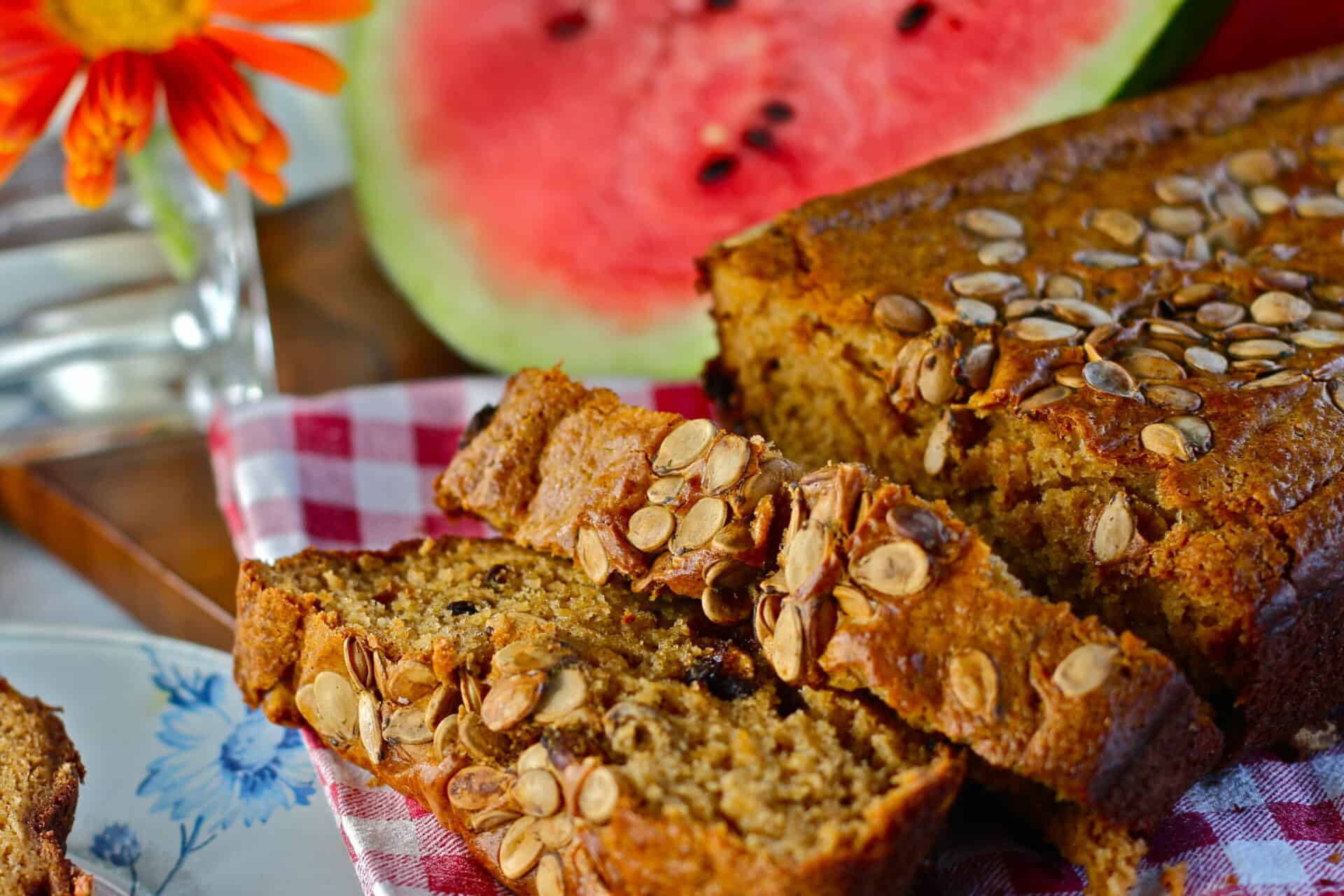
Versatility of watermelon seeds as compared to other packaged snacks
Mineral-rich: Watermelon seeds are a good source of essential minerals such as magnesium, iron, zinc, and phosphorus. Compared to processed snack foods that often contain high levels of sodium, artificial additives, and preservatives, watermelon seeds offer a natural and nutrient-dense alternative that supports overall health and well-being.
Plant-Based Protein Source: Watermelon seeds are rich in protein, offering a sustainable alternative to animal-based protein sources such as meat and dairy.
Incorporating watermelon seeds into meals reduces individuals’ reliance on animal agriculture, which often has negative environmental impacts.
Multiple uses: Watermelon seeds can be incorporated into a variety of dishes, including salads, soups, smoothies, and baked goods. Their versatility allows for creative culinary exploration and provides alternatives to highly processed and packaged foods that may contain unhealthy ingredients or excessive packaging.
Conclusion
Watermelon seeds are more than just a nuisance; they are a nutritious and versatile food that can enhance your diet. This article has debunked myths surrounding their consumption, highlighted their health benefits, and suggested ways to enjoy them. Embrace the whole watermelon, seeds, and all, for a fuller, healthier eating experience.
Frequently Asked Questions (FAQs):
Q: Can eating watermelon seeds cause any health issues?
Generally, watermelon seeds are safe and beneficial when consumed in moderation. However, individuals with sensitive digestive systems should start with small amounts to gauge their body’s reaction.
Q: What is the best way to consume watermelon seeds?
Roasting watermelon seeds enhances their flavor and makes them easier to digest. They can also be sprouted or ground into flour for various culinary uses.
Q: Are roasted watermelon seeds as nutritious as raw ones?
Roasting can slightly reduce the nutrient content but still leave you with a snack rich in protein, healthy fats, and minerals.
Q: Can watermelon seed consumption help with weight loss?
Thanks to their high fiber and protein content, watermelon seeds can be a satisfying snack that helps with weight management as part of a balanced diet.
